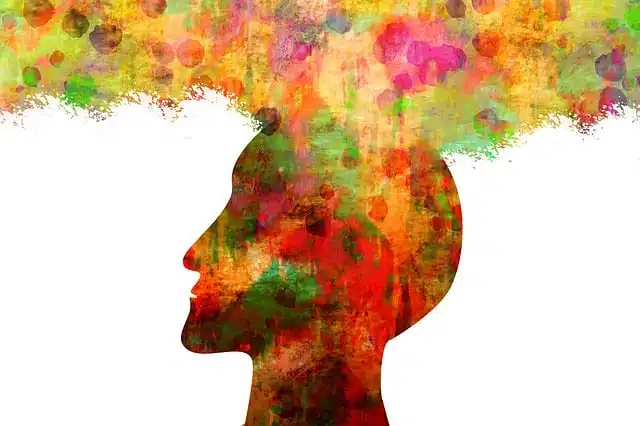
Nihilism is a philosophical position that is based on the denial of dogmas.
Nihilism is a term that comes from the Latin nihil , which means "nothing." It is the denial of all religious, social and political principles . The term was popularized by the novelist Ivan Turgenev and by the philosopher Friedrich Heinrich Jacobi . Over time, it came to be used as a mockery of the most radical generations and to characterize those who lack moral sensitivity.
Specifically, we can establish that the aforementioned Turgenev was the first to use the term that concerns us now. Specifically, he used it in his novel "Fathers and Children" , in which he made it clear that a follower of nihilism is that person who is clear that he cannot or does not want to submit to anyone, to any type of power, doctrine or authority.
When it comes to establishing what the origin of this philosophical current would be, however, we would have to emphasize that it is found in what is known as the Cynic School , which was key in Ancient Greece . In the 4th century BC. C. was when it was launched, which was characterized by harshly criticizing what was the morality and order established at that time.
Nietzsche's nihilism
We must not overlook that throughout history there are many other thinkers and artists who have opted to express their opinions about the aforementioned nihilism. This would be the case, for example, of the German philosopher Friedrich Nietzsche . He used the term to create a profound theory in which he made it clear that the society of the time was dominated by him.
But not only that. This German thinker was also clear that the way to end nihilism, among other things, was by destroying the moral values of the people who were enslaved. In this way, other social and moral norms would be imposed that would put an end to the aforementioned nihilism.

According to nihilism, human existence lacks a higher essential purpose.
Denial of dogmas
Nihilism is a philosophical position that denies dogmas . It maintains that human existence has, objectively, no higher essential meaning or purpose. That is why it is opposed to everything that preaches a purpose that has no verifiable explanation.
Nihilists want to abandon preconceived ideas and lead a playful life, with options for fulfillment that are not linked to things they consider non-existent. It is important to keep in mind that nihilism is not linked to pessimism or a lack of belief, but rather, by denying all dogma, it is a position open to infinite options.
Philosophers often distinguish between this positive and active nihilism that proposes new alternatives from negative or passive nihilism, embodied in ideas of negligence and self-destruction.
Nihilism in politics and culture
Nihilism as a political expression is linked to anarchism since it rejects hierarchies, authority and the dominance of man over man. In some countries, such as Russia , the nihilist cultural movement was the origin of anarchist political groups that fought for the abolition of the State .
Nihilism is also often associated with punk , a cultural and musical movement that defends self-management, criticizes the Church , and opposes consumerism.
